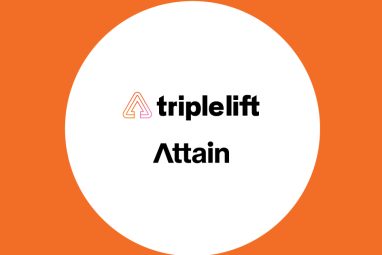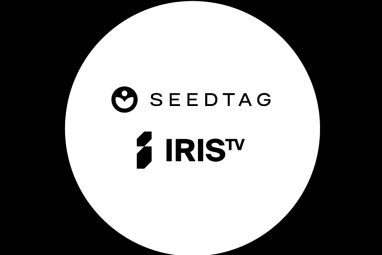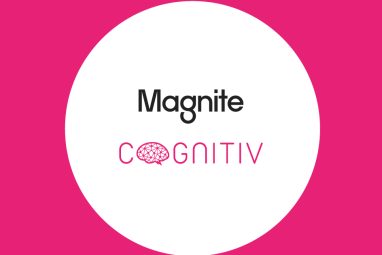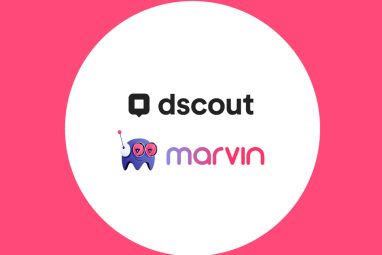Marketers Say AI Tools Exceeded ROI Expectations in 2024
Marketers’ optimism about AI continues to grow, with 80% reporting that their use of AI tools exceeded return on investment expectations.
Topics
What to Read Next
- TripleLift Announces Partnership with Attain to Unify Context and Commerce
- Seedtag Partners with IRIS.TV to Expand Contextual Signals for CTV Targeting
- Magnite, Cognitiv Announce Deep Learning Integration for Real-Time Curation
- Dscout Announces Integration with HeyMarvin
- Comscore Launches Program-Level Capabilities within CCM

Invoca, a provider of revenue execution platforms, released its second annual State of AI in B2C Digital Marketing Report. Based on a survey of 600 marketers across the US and UK, the report reflects a positive outlook on AI’s transformative role in driving growth and innovation within the marketing industry.
Marketers’ optimism about AI continues to grow, with 80% reporting that their use of AI tools exceeded return on investment expectations. In 2024, 93% of marketers had positive experiences with the tools they implemented, and 95% plan to increase AI investment in the coming year.
Respondents are also increasingly optimistic that AI will create jobs rather than eliminate them. Over half (57%) believe AI will generate more jobs than it displaces, up 7% from last year.
While some concerns about job displacement persist, AI’s role in automating repetitive tasks and enhancing productivity is boosting confidence in its potential to create more strategic roles. Additionally, more than half of marketers (54%) anticipate AI will have a “very positive impact” on their organisations.
Executives Take Ownership of AI Adoption
Over 90% of respondents report plans for dedicated AI budgets in 2025, and ownership of AI adoption has clearly shifted to the executive level. In 2023, only 18% said executives were responsible for AI; that number has doubled to 37% this year. Executives, including CMOs, now oversee AI adoption, with only 1% of respondents indicating there is no clear AI owner within their organisation.
Confidence in AI Expertise Grows Among Large Companies, Declines at Smaller Firms
This year, 60% of marketers at companies with over 1,000 employees report expert-level knowledge of AI tools, compared to 40% at smaller organisations. This reverses last year’s trend, when smaller companies led in AI proficiency.
The survey also highlights growing AI confidence among managers, narrowing the knowledge gap with executives and directors. While 54% of senior leaders report being AI experts, 43% of managers also describe themselves as experts, up from 32% last year. This suggests that AI knowledge is spreading more evenly across organisations, with larger companies solidifying their lead in AI innovation.
Marketers Leverage AI for Revenue Growth Despite Adoption Barriers
For marketers, AI investment is critical to revenue growth. In 2024, 94% reported that AI positively impacted revenue. In 2025, AI investment goals include productivity gains, data analysis, process automation, revenue acceleration, and improved customer experiences.
However, AI adoption still faces significant barriers, with data security concerns leading the list. Many companies remain cautious about sharing proprietary data with external AI models, and a lack of transparency in AI tools further complicates trust.
“Our survey shows that AI is evolving from a curiosity to a critical part of a marketer’s tool kit,” said Peter Isaacson, CMO of Invoca. “The real risk for marketers isn’t AI taking their jobs – it’s falling behind by not embracing its potential. The most important action marketing leaders can take is to factor in the needs of the entire revenue organisation and prioritise the AI tools that can have an outsized impact on the bottom line.”
AI Literacy Becomes Essential for Career Advancement
As AI reshapes the marketing landscape, AI literacy is now crucial for career growth. In 2023, 8% of marketers felt AI literacy would not impact their future employability, but in 2024, that number dropped to zero.
Marketers without AI skills are increasingly concerned about career setbacks, with 26% fearing they may appear “behind the times” and 21% worried about vulnerability to layoffs. Looking to 2025, 94% expect AI experience to be a critical hiring factor.
Beyond employability, AI proficiency is key to job performance: marketers without strong AI skills expect challenges in campaign efficiency (21%), performance tracking (20%), and budget management (14%). As AI transforms industry standards, upskilling is becoming a priority for marketers to stay competitive.









































































































